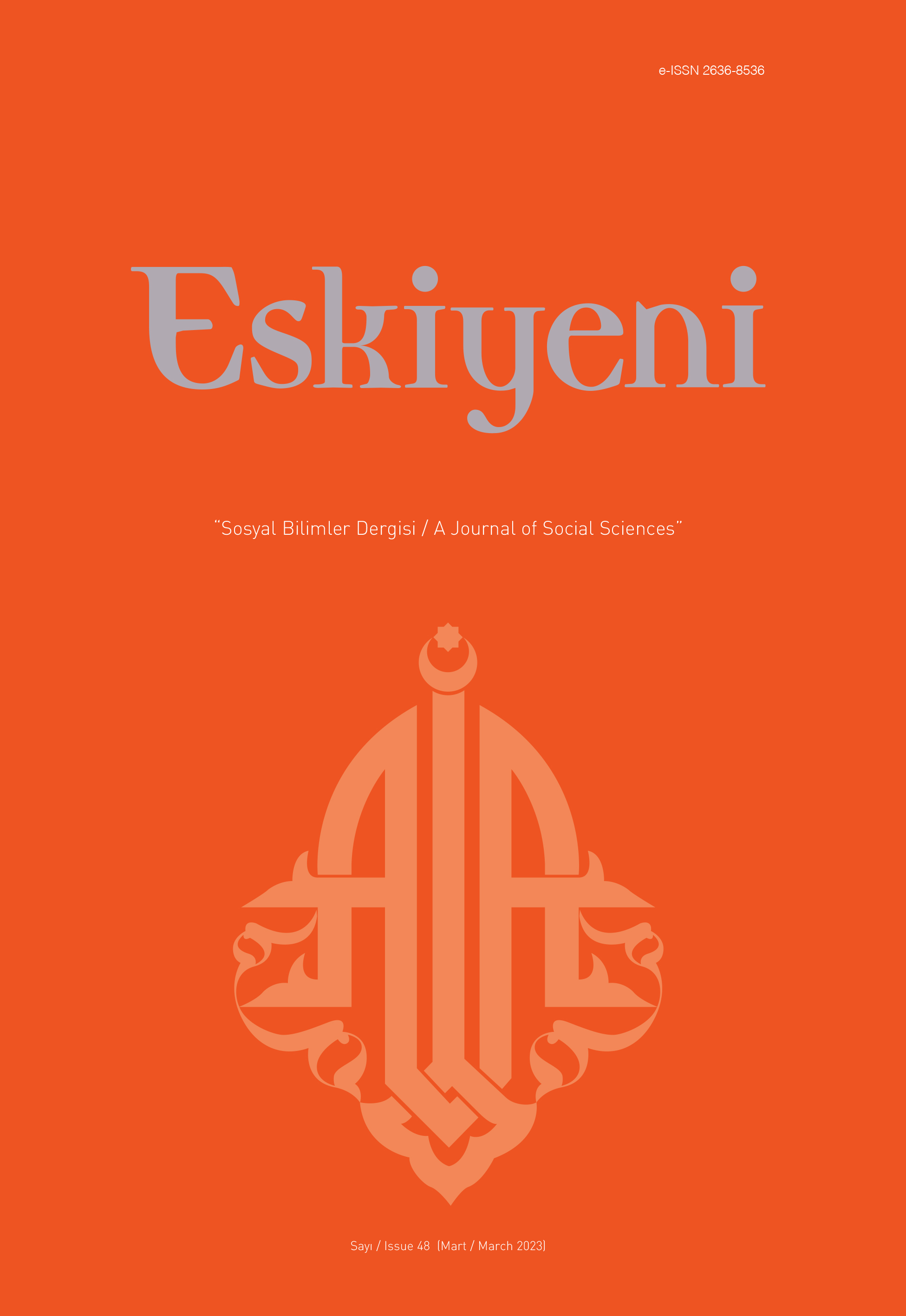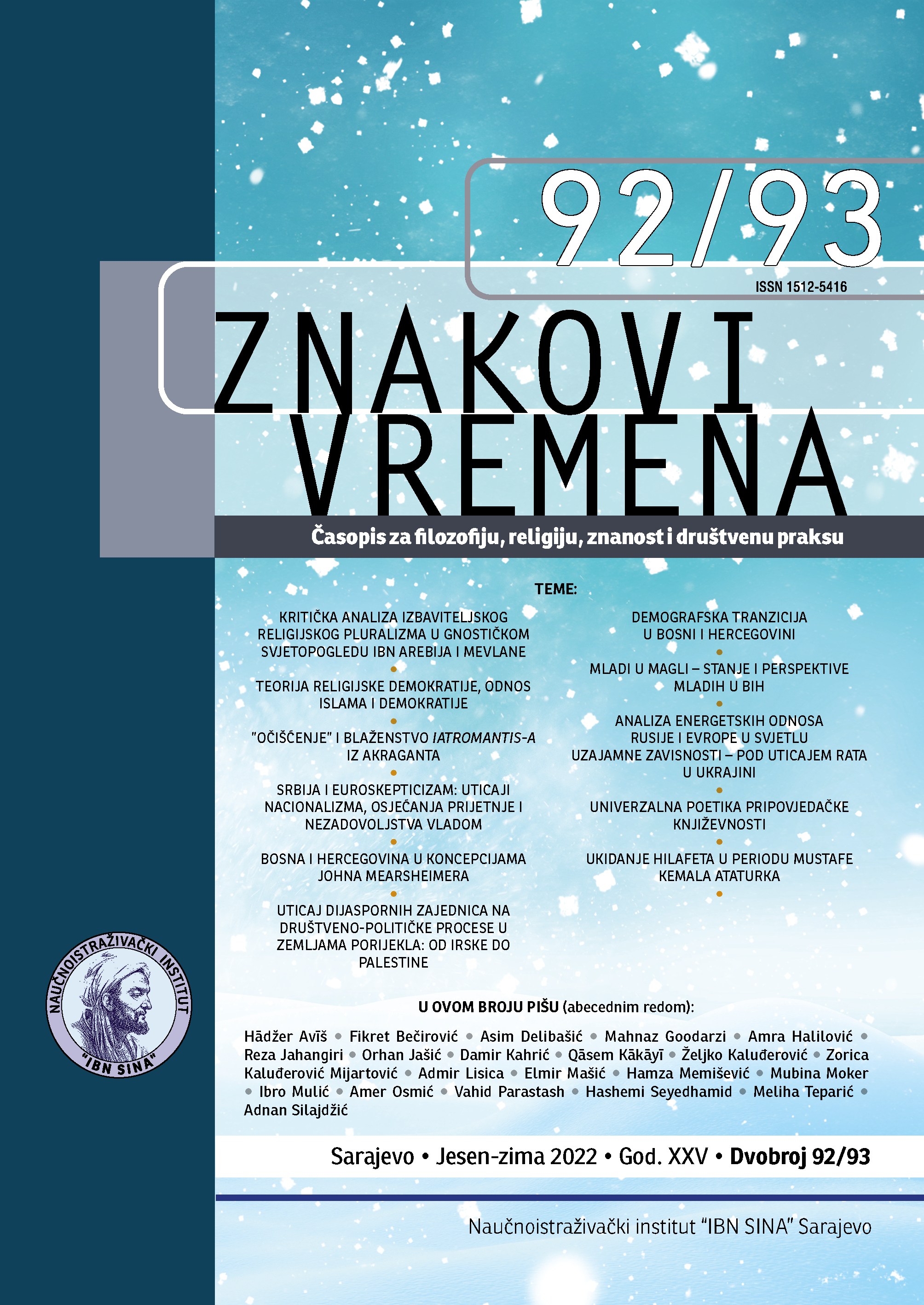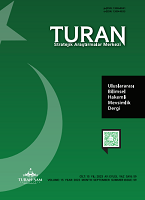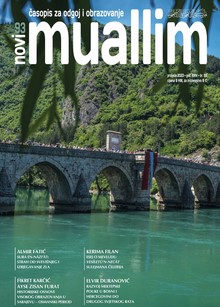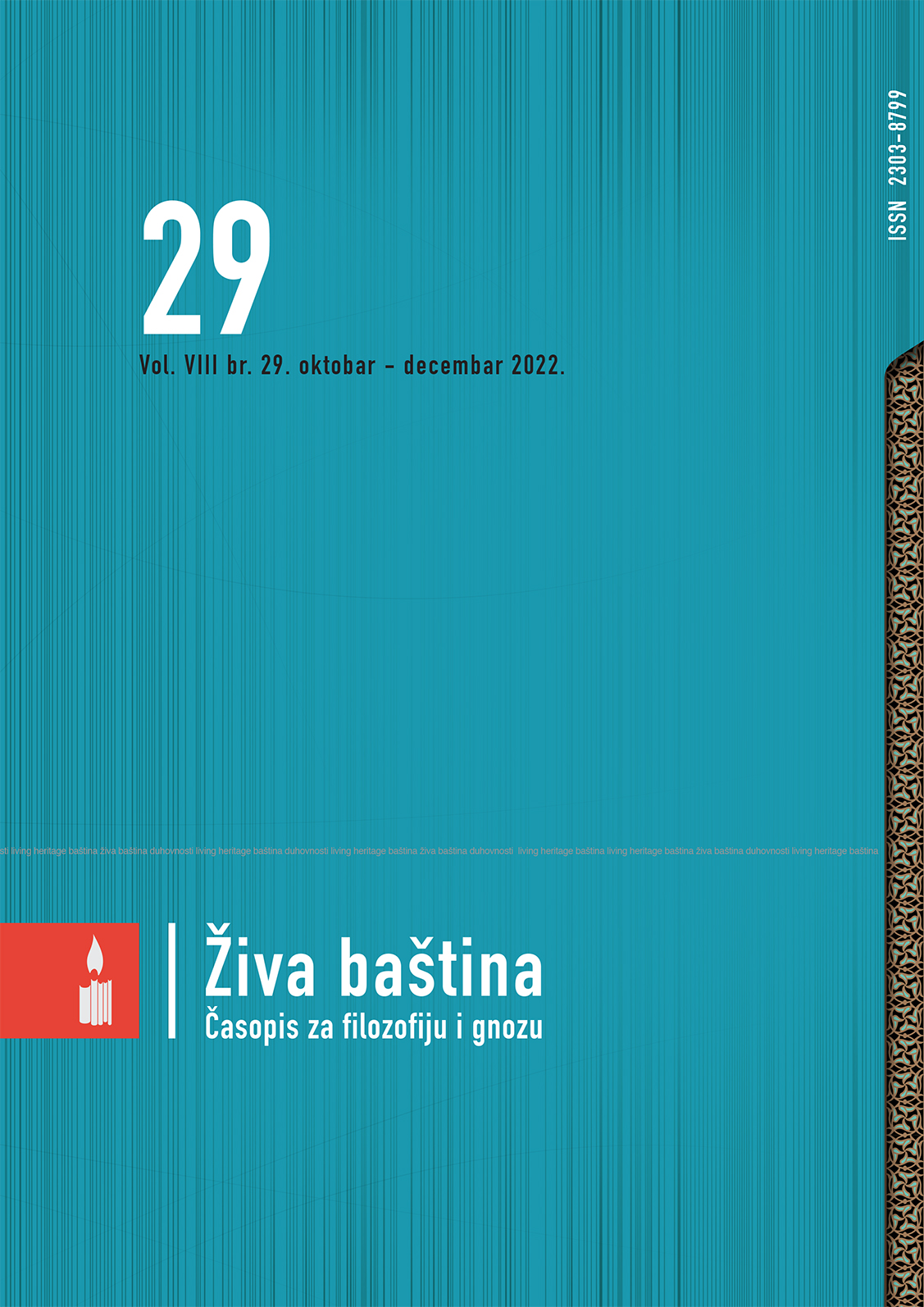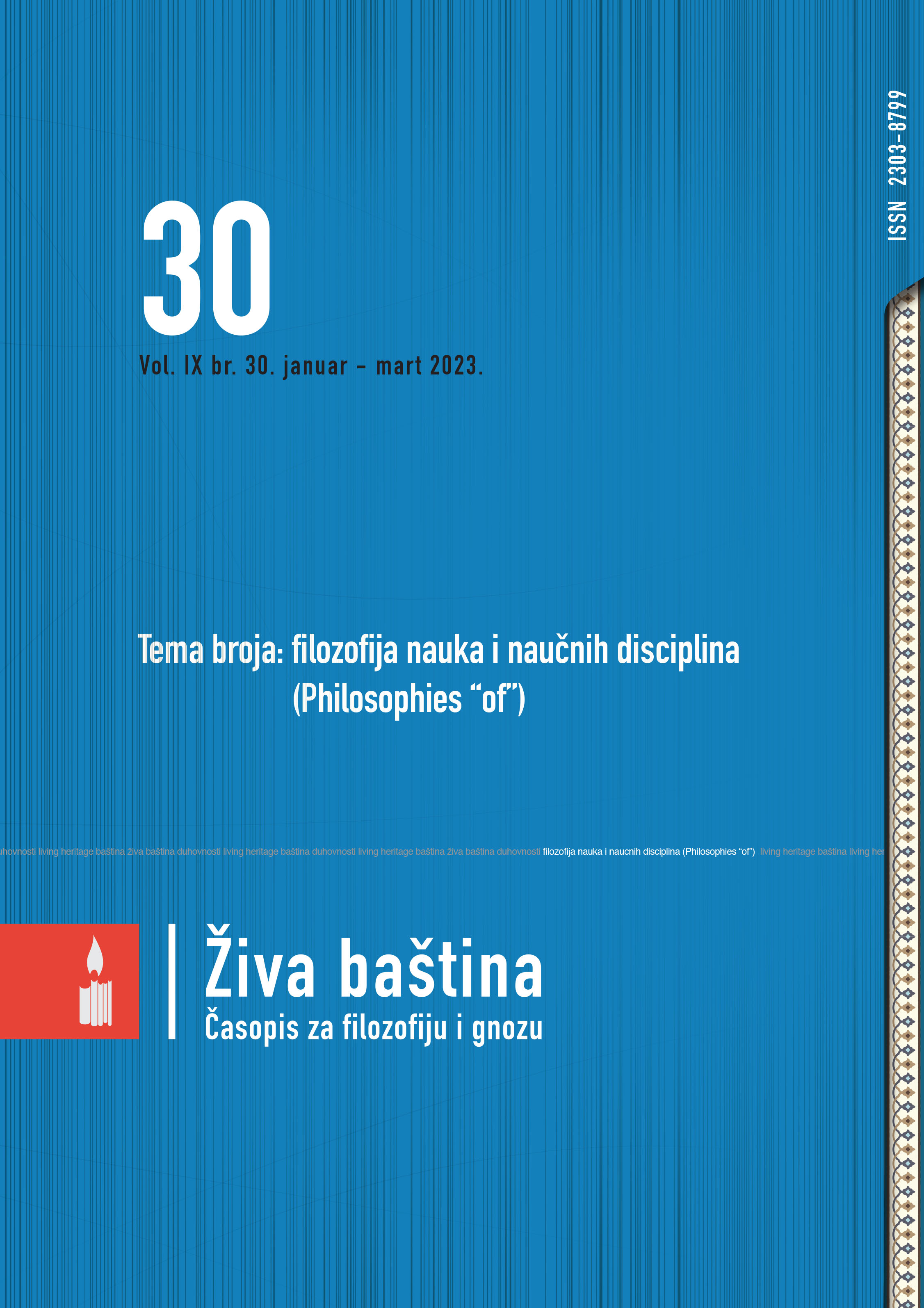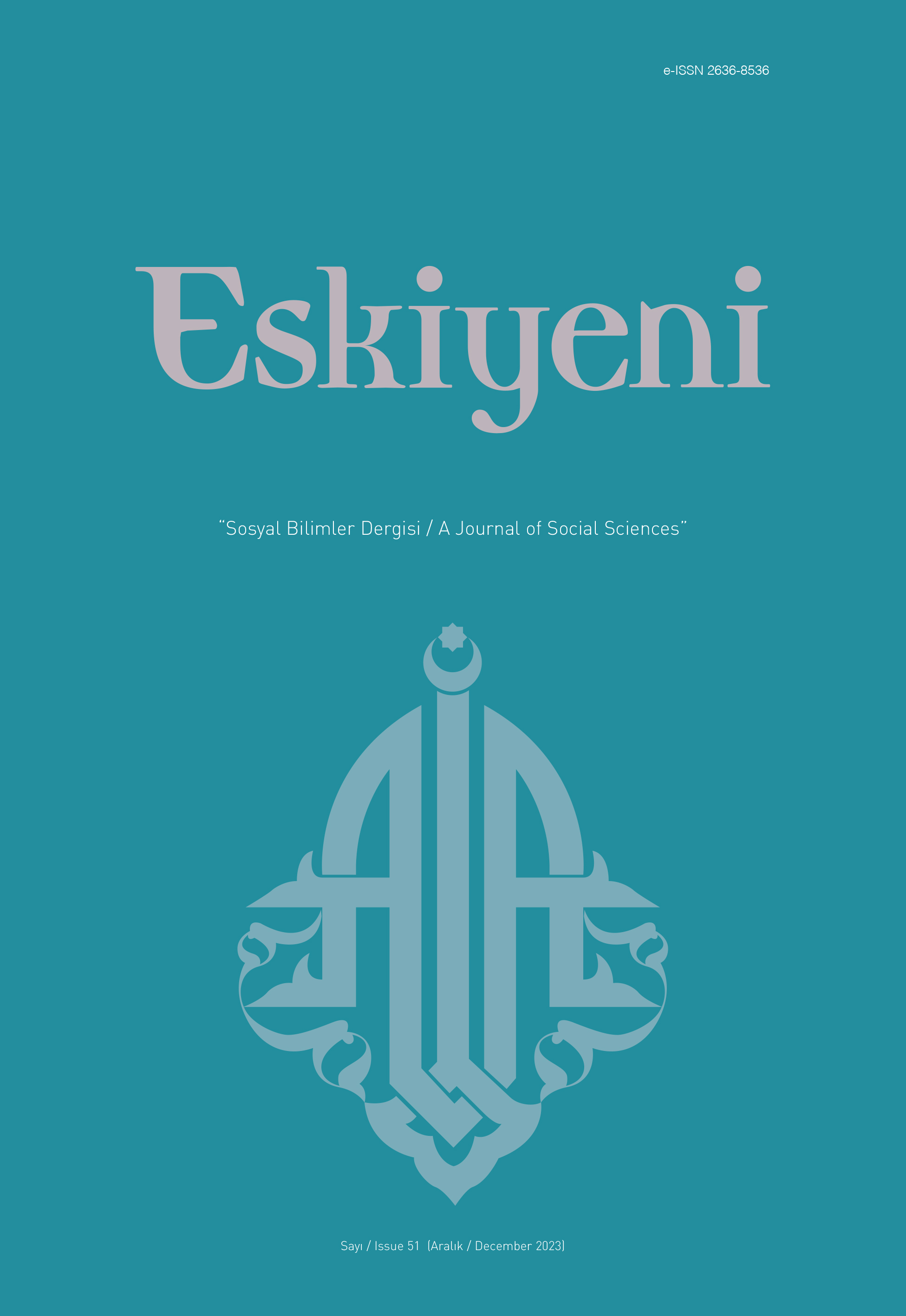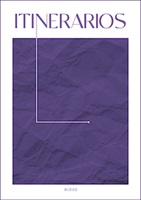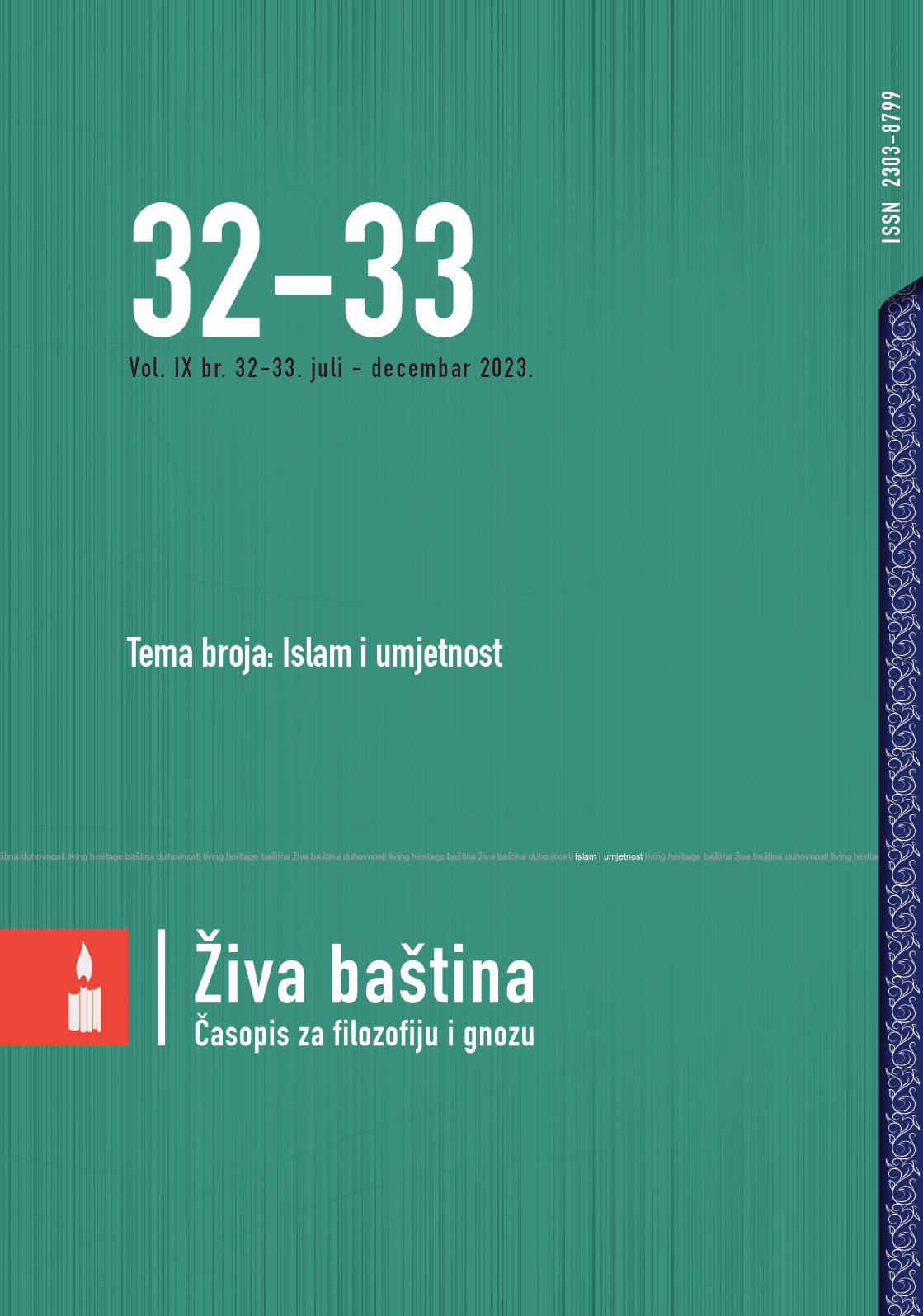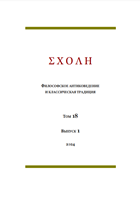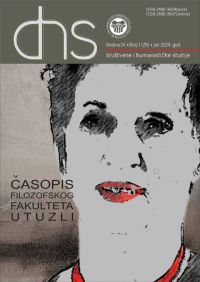Author(s): Mehmet Murat Karakaya / Language(s): Turkish
Issue: 52/2024
Although darkness, which is generally regarded as the opposite of light (al-nūr, radiance) in terms of negation, describes the absence of light, it is also possible to say that it expresses the brightest form of light. There are theoretical approaches to both interp-retations in the philosophical literature. According to the first interpretation, darkness consisting of matter and form and existing in hylomorphic and composite structure is associated with matter and chaos, and light is associated with form and order. The light corresponds to the transcendent and divine, and darkness corresponds to the immanent and material. However, in some interpretations of God’s unknowability in the apophatic context, it is seen that darkness is used as well as light, and this concept is given a pivotal and central dimension in the explanation of unknowability. In this context, darkness is characterized by brightness, not dullness or obscurity, since it is associated with the divine realm. Therefore, bright darkness, beyond negating light, represents the peak of affirmation, and even light is in a position to be the negative of darkness in terms of making light. In mystical theology, the fact that the essences of things are not known within the framework of truth, as in the divine realm, from an epistemological point of view, expands the area of darkness, and in a sense, the entire field of existence acquires an unknown, and, therefore dark content. In this context, ḍiyāʾ (illumination), which is light compared to darkness and darkness compared to light, is in the position of intermediate light, making possible to see, perceive, and reason between light and darkness. This study discusses darkness starting from religious and mythological texts, within the framework of the views of ancient Greeks such as Plato, Aristotle, and Plotinus, Neoplatonic Christian mystics such as Gregory of Nyssa and Pseudo-Dionysius the Areopagite, and sufi mystics such as Maḥmūd Shabistarī and Ṣadr al-Dīn al-Qūnawī. The study also evaluates the concepts of knowledge and ignorance within the scope of light and darkness, emphasizes on the basic distinctions between philosophical views and mystical theological interpretations and emphasizes on religious metaphors of night and day. In the study, it is seen that darkness is considered with different contexts in philosophy and mystical theology; in philosophy darkness is the absence of light, while in mystical theology some interpretations of darkness are considered as the intensity of light.
More...
